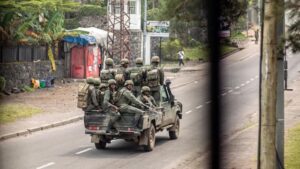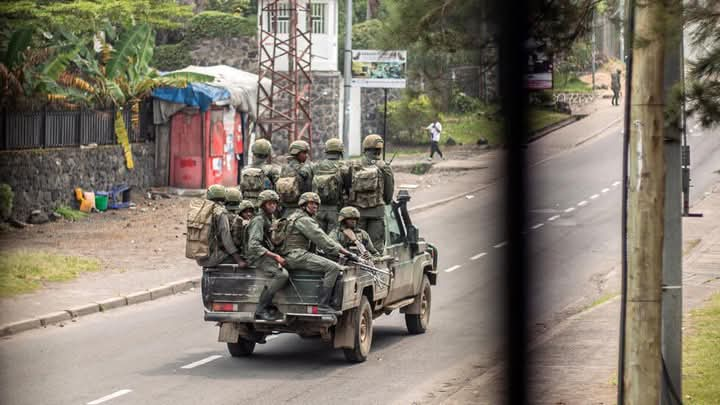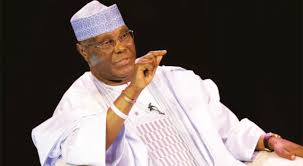
By Adeyemi Adekunle
The Democratic Republic of Congo (DRC) is facing a rapidly escalating crisis as the Rwanda-backed March 23 Movement (M23) rebels continue their aggressive advance, capturing key cities in the mineral-rich eastern region. The recent fall of Bukavu, the capital of South Kivu province, and the strategic town of Uvira has intensified fears of a broader regional conflict and raised questions about the stability of President Félix Tshisekedi’s government.
On February 16, 2025, M23 rebels seized control of Bukavu after Congolese government troops retreated, highlighting the fragility of the national army. The capture of Bukavu, a city of significant economic and strategic importance, came swiftly after the rebels took over Kavumu airport, located approximately 30 kilometers north of the city. The loss of these critical locations underscores the rapid territorial gains made by M23 in recent weeks.
Following the fall of Bukavu, the rebels advanced southward, capturing the town of Uvira on February 19. Uvira’s strategic position along Lake Tanganyika, near the Burundian border, makes it a vital hub for trade and military logistics. The takeover has caused widespread panic among residents, with reports of gunfire, looting, and bodies on the streets. Government soldiers were seen fleeing the area, further exacerbating the sense of insecurity among the populace.
The swift rebel advances have precipitated a severe humanitarian crisis. Thousands of residents have fled their homes, seeking refuge in neighboring regions and countries. Burundi has reported the arrival of approximately 10,000 Congolese refugees between February 14 and 16, with many crossing into the country through the Gatumba border post. The influx has strained local resources and raised concerns about the capacity to provide adequate assistance to the displaced populations.
Within the captured cities, reports of violence and human rights abuses have emerged. In Bukavu, looting has become rampant, with mobs ransacking businesses, government offices, and shops. The United Nations human rights office has accused M23 rebels of executing three children in Bukavu for refusing to surrender, highlighting the severe human rights violations accompanying the conflict.
The resurgence of M23, a Tutsi-led insurgent group, has reignited longstanding tensions between the DRC and Rwanda. The Congolese government, along with the United Nations and several Western countries, has accused Rwanda of providing military support to the rebels—a claim that Kigali denies. Rwanda asserts that its involvement is limited to defensive actions against Hutu militias operating in eastern Congo.
The international community has responded with a mix of condemnation and calls for action. The European Parliament has urged the European Union to freeze direct budget support to Rwanda until it ceases its association with M23 and allows humanitarian access to affected areas in the DRC. Similarly, the United States has engaged in diplomatic efforts, with Secretary of State Marco Rubio discussing the conflict with Angolan officials to seek a peaceful resolution.
The escalating conflict poses a significant challenge to President Félix Tshisekedi’s administration. The loss of key cities and the army’s inability to halt the rebel advance have led to increased scrutiny of the government’s capacity to manage the crisis. Opposition figures have questioned Tshisekedi’s legitimacy and effectiveness, with analysts expressing uncertainty about his ability to navigate the complex security and political landscape.
In response to the deteriorating situation, the Congolese government has sought military assistance from neighboring countries. Notably, Ugandan forces have entered the eastern Congolese city of Bunia to support local troops in curbing violence perpetrated by armed groups. This intervention underscores the potential for the conflict to draw in regional powers, reminiscent of past wars that have plagued the Great Lakes region.
The rapid territorial gains by M23 rebels in eastern DRC have not only destabilized the region but also heightened the risk of a broader regional conflict. As strategic cities fall and humanitarian crises deepen, the need for a coordinated international response becomes increasingly urgent.




